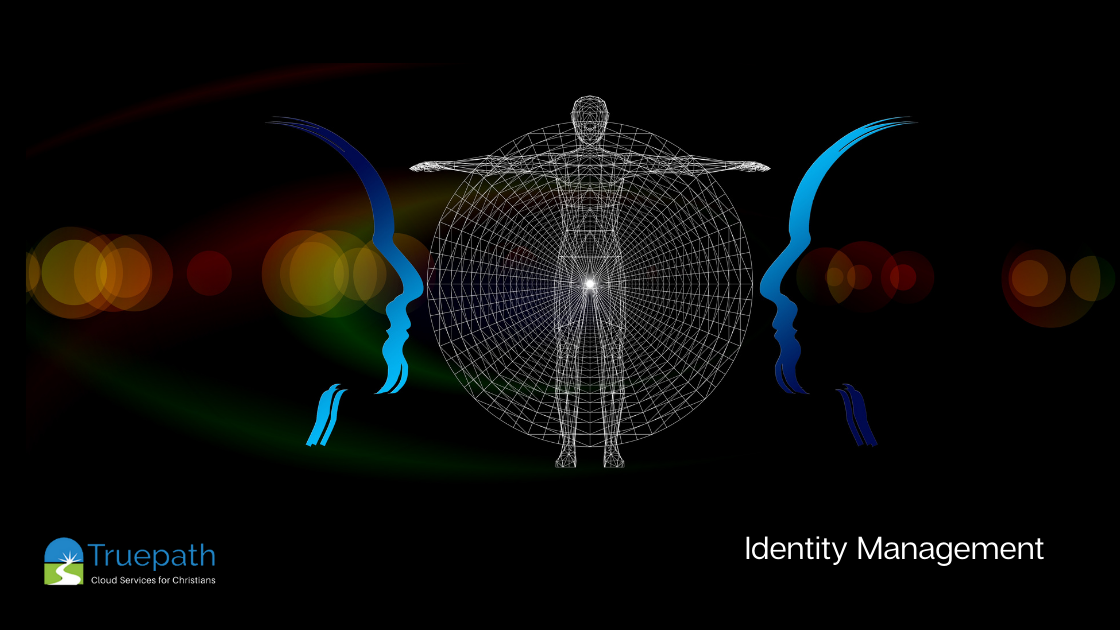Gen Z Wants Community
Your goal with your website – beyond who you are and how to contact you – is to connect with real people.
But how do you do that effectively?
Question your Assumptions
It’s easy to assume we know what makes people “tick;” to believe all of our assumptions are the way things really are. (This, despite that old quip about what assuming does to you and me!)
But if – as Einstein said – most of our assumptions tend to be wrong, why don’t we question them more?
While each person has their own, unique story (we should never assume we know), research into the shaping influences of a generation can also be revealing.
Take Generation (or Gen) Z, for example.
Understanding Gen Z
Born between 1997 and 2012, a large segment of Gen Z are now college and graduate students — many of whom will help shape culture and society in the coming decades.
They’ve grown up with the internet, and like everyone else, have now endured a pandemic, online classes, and tumultuous polarizations in what some are calling a post-Christian society.
In her recent article, 6 Things Christians Should Know About Gen Z, Sarah Eekhoff Zylstra suggests the following, general characteristics (the full article is well worth the read):
1. Gen Z Is (Kind of) Atheist (but willing to talk)
2. Gen Z Is Looking for (Better) Community
3. Gen Z Is (Anxiously) Digital
4. Gen Z Is (Fervently) Principled
5. Gen Z Isn’t Great with Communication or Commitment
6. Gen Z Is Missional
One thing that especially stood out to me in the article is that Gen Z is often marked by loneliness; they look for real community and relationships that transcend the virtual world of online existence.
Ironically, however, they are often looking online for the answers.
What does this mean for your site? Your ministry?
Gen Z will be attracted to a community, therefore, that does more than just “talk the talk” about loving your neighbors and the larger world (the missional aspect -#6).
This means that mere pictures or verbiage on your website won’t be enough; they’ll want to see if you actually embody a vibrant community in practice (a better community – #2).
How are you incarnating the love of Jesus? Do you strive for real hospitality that’s attractive, and for broken people (like all of us), and not a club for the moralistic or Pharisaical who love to look down on others?
Note: Gen Z’s atheism or agnosticism about God won’t likely be impacted by arguments (as Paul Miller of seejesus.net points out) – though we should be willing to engage humbly with their questions.
What they really ask about religion – even more than “is it true?” – is “is it good?”
A loving community that is caring for the world around it demonstrates that, indeed, we follow a good God – one who stoops to wash our feet (Jn. 13:1-9;35).
(Of course, these are things we should be aiming for anyway – part of Jesus’ call to be salt and light to our world!)
Connecting with Gen Z then – or anyone, for that matter – always comes back to humility and love, and asking questions.
Isn’t this how Jesus engaged people – seeing them, moving toward them, asking them a question, then eating and drinking with them?

